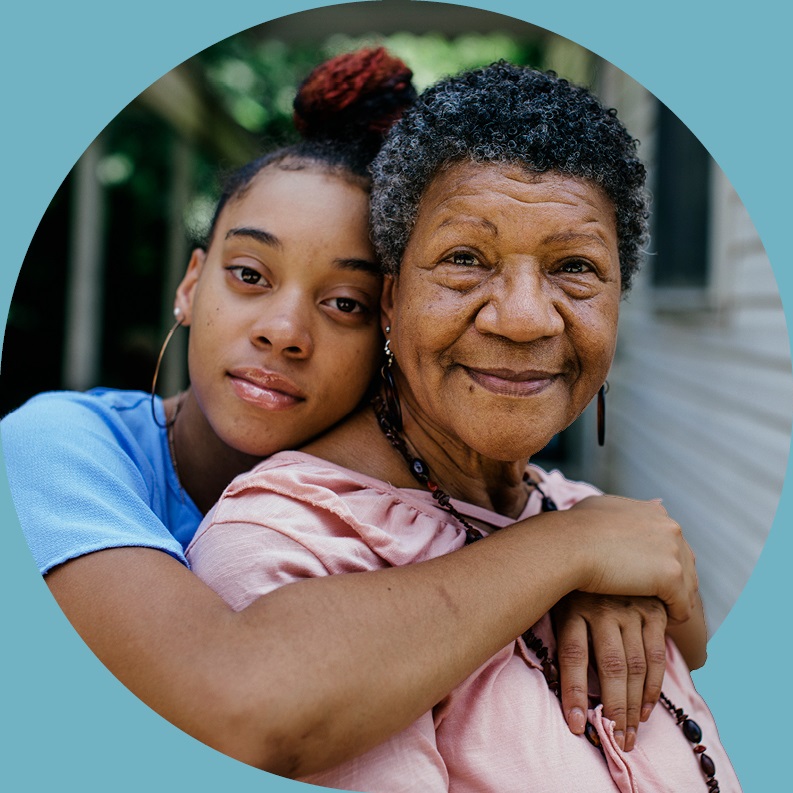
Wellness Burnout: 3 Takeaways from Lululemon’s Global Wellbeing Report
Published 14 October 2024
Consumers worldwide may be prioritising wellbeing, but feelings of mental, physical and social wellness have stagnated over the past four years, according to the 2024 Global Wellbeing Report by Canadian sportswear brand Lululemon and global consultancy Edelman. We explore three key wellness takeaways from the report.
Wellness Burnout: 3 Takeaways from Lululemon’s Global Wellbeing Report


Topics

Want to see the full report?
Offering access to over 350 consumer and cross-industry reports annually, Stylus Membership is your window to tomorrow’s most exciting opportunities.
We already arm more than 500 of the world’s most forward-thinking brands and agencies with the creative insights they need to make transformative business decisions.
We’d love to do the same for you.
Book a demo with us today to discover more.
More Reports From Stylus
More Reports From Stylus
The Longevity Transformation: Global Wellness Summit 2025
By 2029, the global wellness market will reach $9.75tn, up from about $6.8tn in 2024 (GWI, 2025). The











